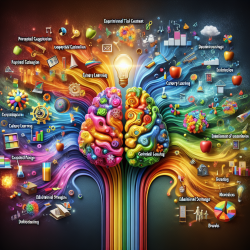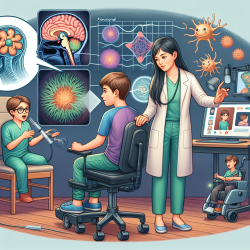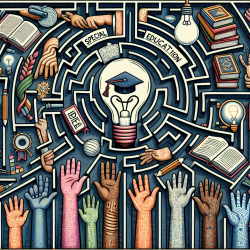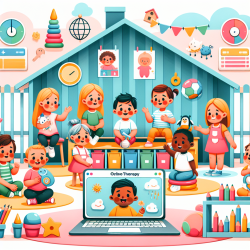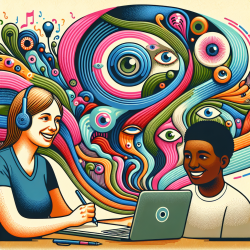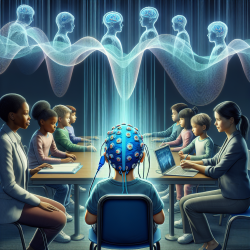Introduction
In the ever-evolving landscape of education, practitioners are constantly seeking ways to enhance their teaching methodologies and improve student outcomes. One such avenue is through understanding the intricacies of perceptual categorization, as explored in the research article, "How experimental trial context affects perceptual categorization" by Palmeri and Mack (2015). This study sheds light on how the context of experimental trials can significantly influence category learning and categorization behavior, offering valuable insights for educators and therapists alike.
The Power of Context
The research emphasizes that in real-world scenarios, our categorization tasks are interspersed with a multitude of experiences, unlike the structured trials in laboratory settings. This disparity highlights the importance of context in categorization, which is often overlooked in experimental designs. By understanding and leveraging the impact of trial context, educators can create more effective learning environments that mirror real-world situations.
Practical Applications for Educators
Educators and therapists can apply these findings in several ways:
- Integrate Real-World Contexts: Incorporate varied and dynamic contexts in learning activities to mimic real-world categorization, enhancing students' ability to apply knowledge flexibly.
- Focus on Sequential Learning: Recognize the importance of sequential effects in learning and design curricula that build on prior knowledge, allowing for cumulative learning experiences.
- Utilize Feedback Effectively: Provide immediate and contextual feedback to reinforce learning, as trial context can influence categorization performance significantly.
Encouraging Further Research
The study by Palmeri and Mack encourages further exploration into the effects of trial context on categorization. Practitioners are urged to delve deeper into how different contexts can be manipulated to optimize learning outcomes. By conducting their own research or collaborating with cognitive psychologists, educators can contribute to a growing body of knowledge that bridges the gap between experimental findings and practical applications.
Conclusion
Understanding the role of experimental trial context in perceptual categorization opens new doors for educators and therapists striving to enhance their practice. By implementing strategies that reflect real-world contexts and recognizing the importance of sequential learning, practitioners can unlock the full potential of their students. For those interested in exploring this topic further, the original research paper provides a comprehensive overview of the theoretical implications and practical applications.
To read the original research paper, please follow this link: How experimental trial context affects perceptual categorization.
